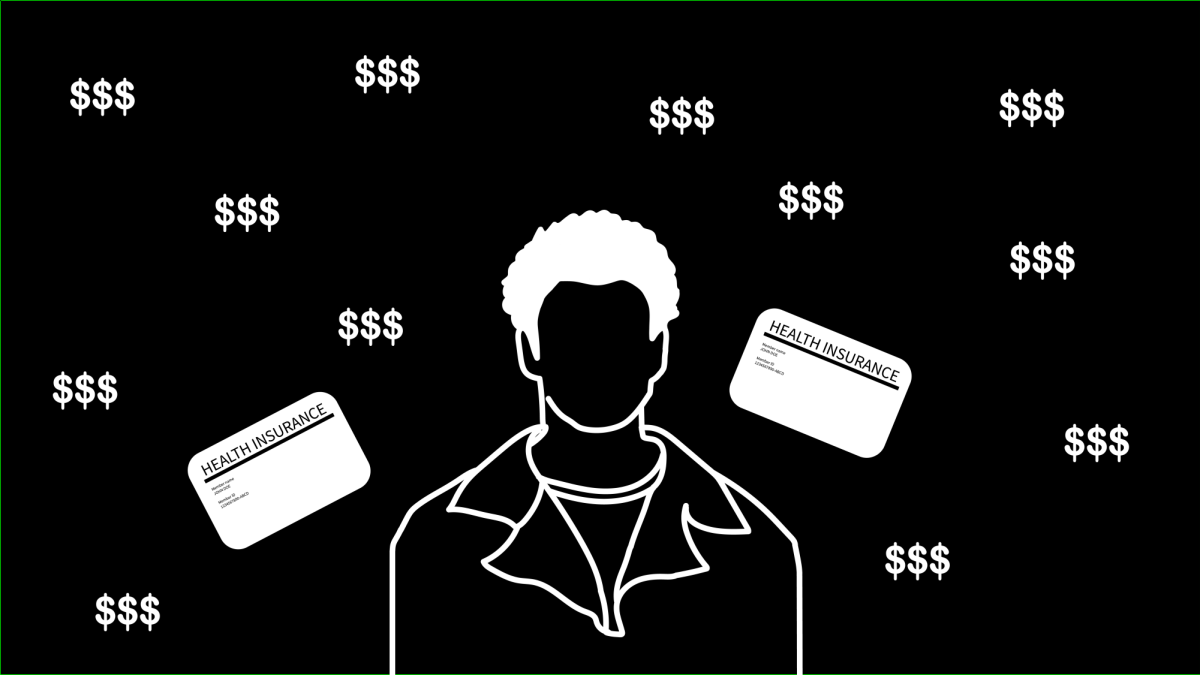Early in the morning, a student trudges into the hallway, their eyes fighting to stay open. The previous night was burdened with assignments. They glance down at their watch— only a few minutes before the draining school day starts. Desperate for a quick fix, they drift towards the vending machines. The brightly lit array of sugary filled snacks offers an instant relief from exhaustion.
This scenario is all too familiar for high school students.
Energy drinks pose a serious threat to adolescents worldwide, affecting their health with high levels of caffeine and sugar. These drinks are not intended for regular consumption, as many adolescents do. They can lead to heart complications, mental health problems, weight gain, and addiction. Thus, adolescents should limit their energy drink consumption.
Energy drinks can cause the heart to beat irregularly and increase the risk of stroke or cardiac arrest. Mayo Clinic states that “the heart reacts to high caffeine and other chemicals… [which catches it] off guard and [sends] it into a potentially lethal heart rhythm that leads to sudden cardiac arrest and sudden cardiac death.”
“There’s people who have been in the hospital because of both of those,” nurse Jenna Simmons said. “That is bad for you and then you have many athletes who are outside running and their hearts are already pumping, and then you’re drinking all those. It’s not good for your heart.”
Additionally, energy drinks can severely affect adolescents’ academic performance. They contain substances like Taurine, which can disturb sleep when consumed in elevated levels.. Adolescents often stay up late and then struggle to focus in school the next day.. To combat their fatigue, they consume more energy drinks throughout the day. Medicine Net reveals that along with disturbed sleep, “[f]requent consumption of drinks that contain caffeine and sugar intake can cause weight gain, increase in blood cholesterol levels, and higher than normal blood sugars.”
Moreover, adolescents who frequently consume energy drinks and other high-caffeine drinks are at risk of developing an addiction which could lead to dependency and withdrawal symptoms when consumption is reduced. This may drive them to seek adrenaline through other means,such as alcohol or drugs.
While there are effects from overconsumption of highly caffeinated drinks, occasional enjoyment can provide a temporary boost in energy and focus.. According to Open Universities Australia, “[c]affeine improves alertness and enhances short-term capabilities so that you can easily learn and absorb new information,” which can be helpful during study sessions.
However, energy drinks often do not clearly communicate their true contents. Students may unknowingly consume more caffeine in one drink than they should in an entire day.
“The academy of pediatrics only recommends 100 milligrams a day for kids 12 to 18 of caffeine,” Simmons said. “You have to read on the side of the can because it’ll say this is two servings. In the big Monsters, it’s not just one serving, So there’s almost 400 milligrams of caffeine in a Monster drink versus 100 milligrams in most drinks.”
This gap of knowledge extends beyond the student body.
“Students are uneducated, but it’s not just students, even I was surprised by what I found during my research.” Simmons said. “Some of the teachers would even tell me that they felt attacked when reading my posters.”
Energy drinks can have irreversible impacts. Schools and parents should work together to educate students about the negative effects associated with energy drinks.
















Maureen Kromis
Nov 11, 2024 at 4:35 pm
A very informative article. Im a nurse but like most people I assumed one can of a drink was one serving.